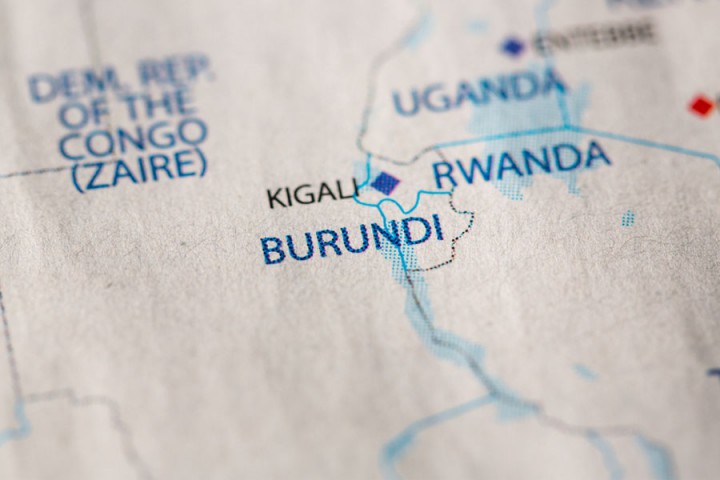The work of five Burundian human rights organizations has been suspended – Government of Burundi is withdrawing from its human rights obligations

The Government of Burundi has suspended the work of five Burundian organizations. The ordinance was signed by the Interior Ministry of Burundi on 19th October 2016. All of the five suspended organizations are prominent human rights actors.
The ordinance given by the Interior Ministry of Burundi on 19th October states, that the existence of five Burundian organizations is suspended. The suspended organizations are Forum pour le Renforcement de la Socitété Civile (FORSC), Forum pour la Conscience et le Développement (FOCODE), Action Chrétienne pour l’Abolition de la Torture (ACAT), Association Burundaise pour la Protection des Droits Humains et des Personnes Détenues (APRODH) and Réseau des Citoyens Probes (RCP).
According to the ordinance given by the Interior Ministry “the organizations have stained the image of the country and instigated hatred and division among the Burundian population”. The Government of Burundi has made efforts to minimize the space of free civil society since the first half of the year 2015. During that time the country’s current President announced that he would seek a third term in office which, at the time, was against the Constitution of Burundi. Much of the civil society reacted to this and organized peaceful demonstrations demanding the President to respect the Constitution and cede power. In October 2015, the Constitutional Court of Burundi declared that Nkurunziza’s running for a third term was not unconstitutional.
Unrest in Burundi has continued for over a year. The space of the civil society has changed radically. The accounts of some organizations have been frozen, their activities have been suppressed and organizations as well as the Media have faced threats and violence. One example of such violence is the Executive Director of APRODH, a renowned human rights activist, Pierre Claver Mponimba, who narrowly escaped an attempt on his life and has been recovering from a bullet wound in Europe. Mponimba’s son, as well as other members of his family, has been killed during the unrest. The formerly active and outspoken Burundian civil society has been cornered and only a fracture of what is going on with the current human rights situation in the country reaches the international Media.
Hundreds of thousands of people have fled from Burundi to the neighbouring countries and hundreds have been killed. The Government of Burundi has recently been withdrawing from its international human rights obligations: At the end of July 2016, the Government of Burundi withdrew from a special session on the situation of Burundi held by the UN Committee Against Torture. In October 2016, Burundi announced resignation from the International Criminal Court ICC. The Court investigates and trials individuals accused of the most serious crimes – genocide, crimes against humanity and war crimes. A UN report focused on the human rights violations occurring in Burundi which was published in September 2016 states that “the [UN] experts cannot exclude that some of the … incidents amount to crimes against humanity”.
KIOS has supported the work of ACAT and APRODH. Both ACAT and APRODH have been very committed to, among other things, working against torture and for the rights of prisoners in Burundi.
